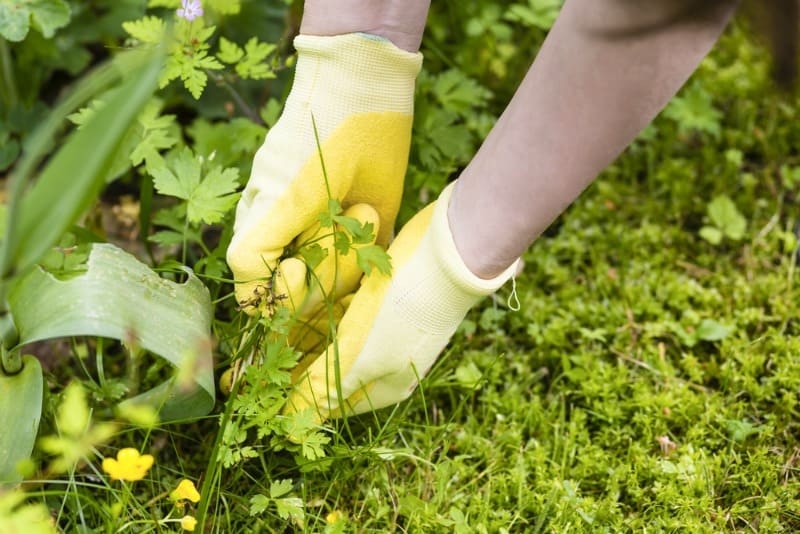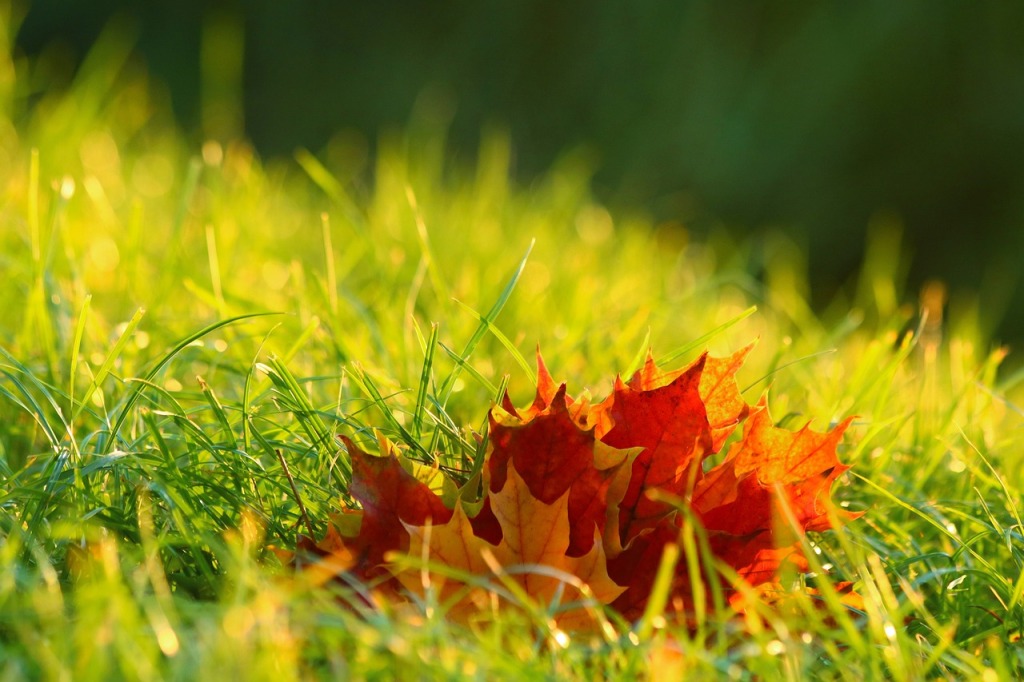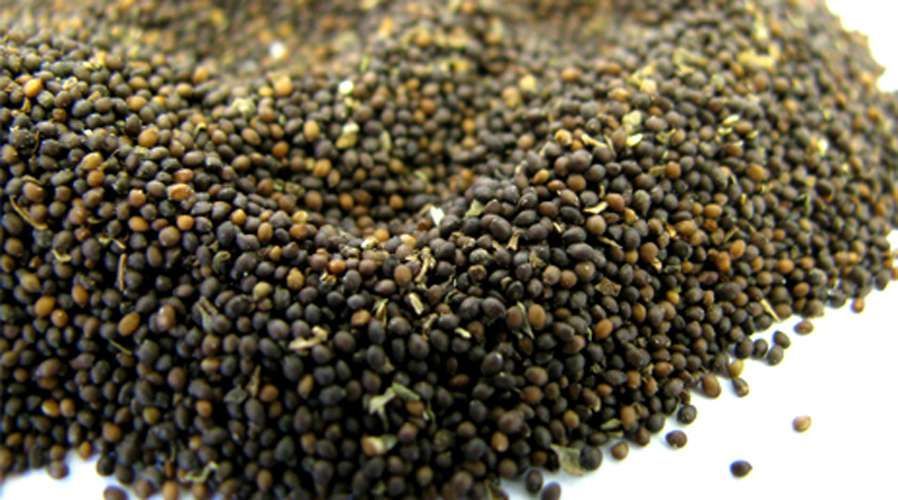Discover eco-friendly, effective natural solutions for weeds. Learn tips and techniques to maintain a healthy, weed-free garden without harmful chemicals.
Eco-Friendly and Effective Strategies Against Weeds
Are you tired of battling those pesky weeds that invade your yard every season? You’re not alone! Many homeowners are constantly seeking effective and eco-friendly ways to manage weeds without resorting to harsh chemicals. In this article, we’ll explore various natural solutions for weeds that will help you maintain a lush, healthy garden while being kind to the environment.
Why Choose Natural Solutions for Weeds?
Chemical weed killers can be effective, but they often come with a slew of downsides. Here are some compelling reasons to consider natural alternatives:
- Environmental Impact: Chemical herbicides can harm beneficial insects, wildlife, and soil health.
- Health Concerns: Prolonged exposure to synthetic chemicals can pose risks to humans and pets.
- Sustainability: Natural solutions are often more sustainable and can improve soil quality over time.
Top Natural Solutions for Weeds
1. Mulching: Nature’s Weed Barrier
Mulching is one of the simplest and most effective natural solutions for weeds. By covering the soil with a thick layer of organic material, you can prevent weed seeds from germinating. Here’s how you can do it:

- Choose the Right Mulch: Straw, wood chips, and compost are excellent options.
- Apply Generously: Spread a layer at least 2-3 inches thick around your plants.
- Maintain: Add more mulch as it decomposes over time to keep the barrier effective.
How can I produce my own mulch?
Making your own mulch is a great way to recycle organic materials and save money. Here’s how you can do it:
- Collect Organic Materials: Gather leaves, grass clippings, straw, shredded newspaper, cardboard, and kitchen scraps like fruit and vegetable peels. Avoid using materials treated with chemicals.
- Shred or Chop: Use a shredder, lawn mower, or a sharp tool to chop the materials into small pieces. This helps speed up decomposition and makes the mulch more effective.
- Mix and Layer: Create layers of different materials in a compost pile or designated area in your yard. Alternate between dry materials like leaves or straw and wet materials like kitchen scraps or grass clippings.
- Turn and Water: Turn the pile regularly to aerate it and speed up decomposition. Keep the pile moist but not soggy by watering it occasionally, especially during dry periods.
- Wait for Decomposition: Depending on the materials used and environmental conditions, your homemade mulch may take several months to a year to fully decompose. Keep adding to the pile as you collect more organic materials.
- Apply to Garden Beds: Once the mulch has broken down into a dark, crumbly texture, it’s ready to use. Spread it around your garden beds, leaving a few inches of space around plant stems to prevent rotting.
By making your own mulch, you not only reduce waste but also improve soil health and enhance the overall appearance of your garden. Plus, it’s a rewarding way to connect with nature and practice sustainable gardening.
Wood chips as mulch is a fantastic option for your garden
You can obtain wood chips from several sources, including tree trimming companies, and local landscaping companies, or by chipping branches and wood yourself if you have the equipment.
We highly recommend this product:


LawnMaster FD1501 Electric Wood Chipper
- POWER: 15-AMP motor shreds branches up to 1.5 inches in thickness into nutrient-rich garden mulch
- TURN MESSES TO MULCH: Reduce 10 bags of bulky yard debris into 1 bag of mulch
- DENT-RESISTANT HOUSING: The chipper shredder is designed with durable polypropylene material for a quality-driven experience
- EASY TO OPERATE: Confidently insert debris into the chipper shredder with the included push paddle
- INCLUDES: Electric wood chipper shredder, push paddle, and collection bag.
“I was a little skeptical when purchasing an electric chipper but was very surprised when it out performed my expectations. It will actually do exactly what it is supposed to and will chip anything that will fit into the chute. The motor has absolutely no problems and has never tripped the internal breaker.”
2. Hand Weeding: The Tried and True Method
While it may not be the most glamorous solution, hand weeding is incredibly effective. Here’s a quick guide to make it easier:

- Weed When Wet: Weeding after rain or watering makes it easier to pull out roots.
- Use the Right Tools: A hand fork or trowel can help loosen the soil.
- Stay on Top of It: Regularly pulling weeds before they set seed will keep them under control.
3. Vinegar: The Kitchen Hero
Vinegar is a powerful, natural weed killer. Its acetic acid content can effectively desiccate weeds. Here’s how to use it:
- Choose the Right Vinegar: Household vinegar (5% acetic acid) can work, but horticultural vinegar (20% acetic acid) is more effective.
- Apply Carefully: Spray directly on the weeds, avoiding your desired plants.
- Repeat as Needed: Persistent weeds may require multiple applications.
4. Boiling Water: Simple and Effective
Boiling water is another natural solution for weeds, especially in cracks in sidewalks or driveways. Here’s the process:
- Boil the Water: Ensure it’s hot enough to kill the weeds on contact.
- Pour with Precision: Carefully pour the boiling water directly onto the weeds.
- Repeat: Stubborn weeds may need a second or third application.
5. Corn Gluten Meal: Preemptive Strike
Corn gluten meal is a natural pre-emergent herbicide, which means it prevents weed seeds from germinating. Here’s how to use it:
- Apply in Early Spring: Timing is crucial for effectiveness.
- Use Generously: Apply a thick layer to your garden bed.
- Water Lightly: Activate the gluten meal by lightly watering after application.
Frequently Asked Questions
What are the benefits of using natural solutions for weeds?
Natural solutions are eco-friendly, safer for humans and pets, and often improve soil health over time. They also reduce the risk of developing herbicide-resistant weed strains.
Can natural weed solutions be as effective as chemical herbicides?
Yes, when used correctly, natural solutions can be just as effective. They may require more frequent application and a bit more effort, but they offer long-term benefits without harmful side effects.
How often should I apply natural weed solutions?
The frequency depends on the method. For example, mulching should be replenished as it decomposes, vinegar may need reapplication every few weeks, and hand weeding should be done regularly to prevent weeds from setting seeds.
Are there any weeds that natural solutions can’t control?
While natural solutions can manage most common weeds, some particularly aggressive species may require more persistent efforts or a combination of methods to fully control.
Conclusion
Managing weeds naturally doesn’t have to be a losing battle. With a bit of effort and the right techniques, you can keep your garden healthy and weed-free without relying on harmful chemicals. From mulching and hand weeding to using vinegar and corn gluten meal, there are plenty of eco-friendly options available. So next time those pesky weeds start popping up, reach for one of these natural solutions and enjoy a greener, healthier yard.









Leave a comment